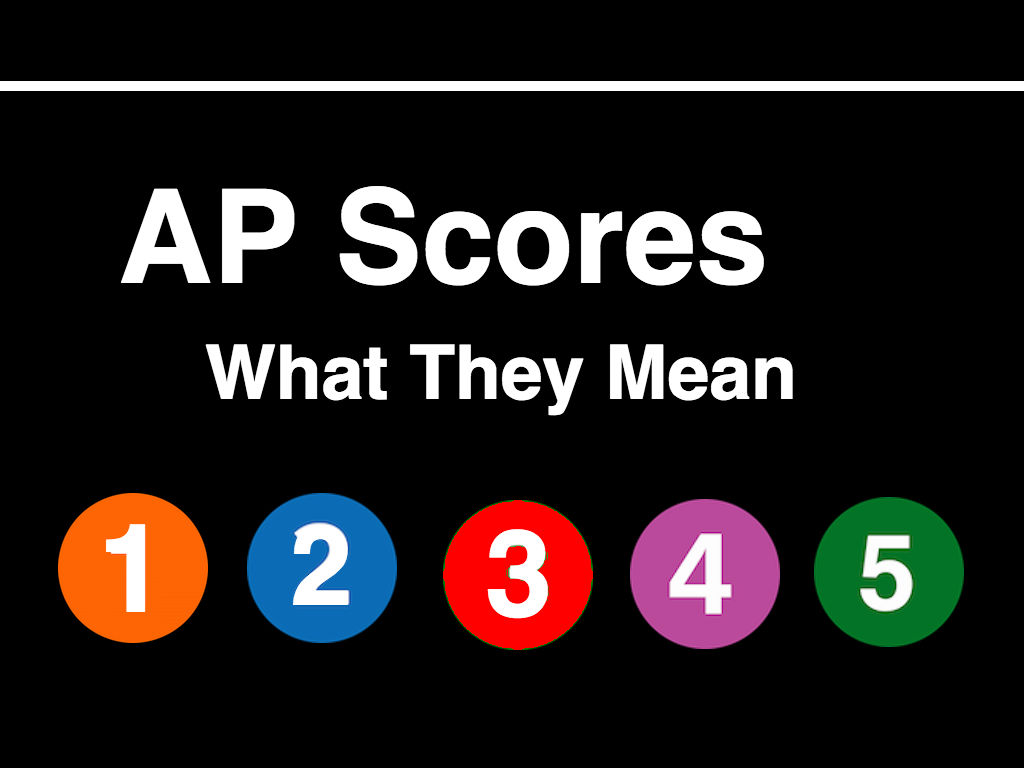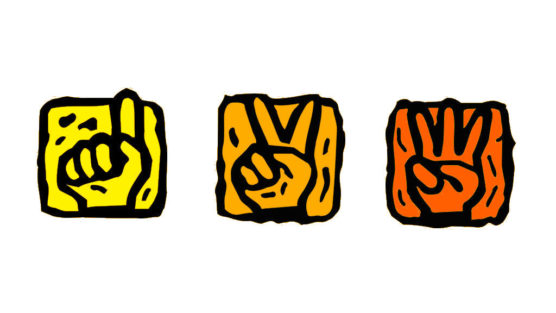Are you taking an AP class this upcoming school year, or are you planning to take one in the future? Wondering what score you need to get on the AP test at the end of the year? In this post I’ll be discussing how AP scores factor into the college admissions process and what each score means.
What’s the Deal with AP Scores?
Firstly, defining a “good” AP score depends on what you intend to do with those scores.
AP scores can be used as a secondary measure of student achievement for admissions at some top colleges. Stanford, for instance, states that reported scores are “acknowledged but rarely play a significant role in the evaluation of an application.” Harvard, on the other hand, says that AP scores are the “most predictive” factor in gauging success at the university, yet it doesn’t specify that it requires or emphasizes them in admissions. NYU also accepts AP scores instead of SAT scores, which is great news if you’re particularly good at taking them. However, other schools may not consider them at all. The bottom line is to do your research on which prospective schools take AP scores into account to help define what your ideal score is.
They may also be used as a means of “testing out” of required coursework. In order to graduate college, you need a specific number of credits, and each course you take is worth some number of these. Students can use AP credits toward their total college credits to either graduate earlier or take fewer prerequisite courses. For example, if you score a “5” in AP Language, you may be exempt from taking a foreign language course at some colleges.
Generally, no schools will grant you AP credit if you score below a “3,” which is why a “3” is said to be “passing.” Some schools may let you test out of two courses if you score a “5,” but only one course if you score a “4.” Others may simply let you “level up” once you arrive and skip prerequisites, but they won’t give you the credit. Others still won’t give you any credit or advanced placement. In general, state schools will offer some sort of credit for these courses.
What do scores of 5, 4, and 3 mean?
5 A “5” is obviously great. If you’re applying to elite colleges, the more 5’s you have, the better.
4 A “4” is good. If you’re applying to elite colleges and have a “4” or two, you are likely fine if everything else is in check.
3 A “3” is not necessarily something to rejoice over if you want to apply to elite colleges. If you’re more of an average student, however, it’s better than not taking any AP courses at all.
Overall, these scores depend on the subject, where you want to go to college, and your academic background. For instance, a “3” on Calculus BC is not as bad as a “3” on English Literature if you’ve never taken a Calculus BC class. A “2” on Calculus BC may even earn college credit at some schools.
Conclusion
If you’re not applying to elite colleges, these scores might help you, but anything ranging from a 3 to 5 will probably not hurt you much. When I was in high school, I made the mistake of taking the exam for AP Calculus BC even though I hadn’t taken the course. I thought I could self-study, but I caught senioritis instead and ended up getting a 2 on the exam. However, I still got accepted to Stanford. (Note: Off hand, I don’t remember if I suppressed the score, or if I didn’t send it.)
Overall, AP scores aren’t prime information, so they aren’t weighed as heavily in the admissions process like SAT and ACT scores are. Likewise, many students don’t have access to the courses that prepare them for these tests, or they take them during their senior year after admissions decisions are already made. As such, a college may be more forgiving of these scores than other test scores intended to gauge your admissibility. Most don’t include AP scores in their “formula,” which initially categorizes students into piles of “consider,” “maybe,” or “abandon.” At the same time, a solid number of elite universities and others will look at and consider these scores. If they’re great, and a school is on the fence about you, they may enhance and contribute positively to your application.
For more study tips and tricks, check out our blog posts below!
5 Secrets of Straight A Students
Graphics used and edited under Creative Commons guidelines.





